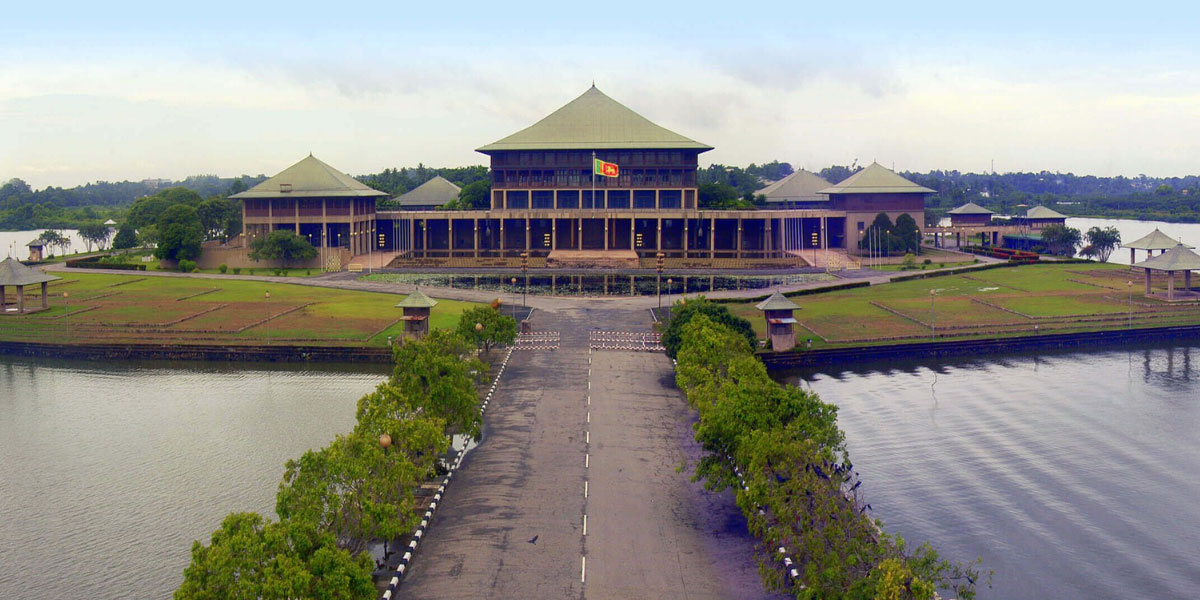On 23 September 2016 the IMF issued a press release following the conclusion of a staff visit to Sri Lanka to discuss the progress of the economic reform program.
Sri Lanka’s economic performance in the first half of 2016 shows an improved balance of payments. Economic growth has been reduced mainly owing to the impact of floods and the effect of slightly higher inflation. The IMF considers that the tighter fiscal and monetary policy has improved market confidence.
The IMF takes the view that aspects of the economic reform program relating to implementation of the tax reform package must be quickly addressed. This includes carrying out the value added tax (VAT) changes to support revenue targets for the years 2016 and 2017. The budget for 2017 requires the support of a high quality tax policy strategy so the currently low tax to revenue ratio can be increased.
If Sri Lanka begins the process of legislation to introduce a new Inland Revenue Act this can lead to a rebalancing of the tax system and a more efficient tax structure. This could raise the tax revenue resources that are necessary for the country’s social and development objectives.
The IMF also considers that Sri Lanka should make further efforts to achieve greater integration into regional and global supply chains; higher levels of foreign direct investment and more prospects for private sector investment. Growth potential will also be supported by greater competitiveness to increase trade and private sector development.












